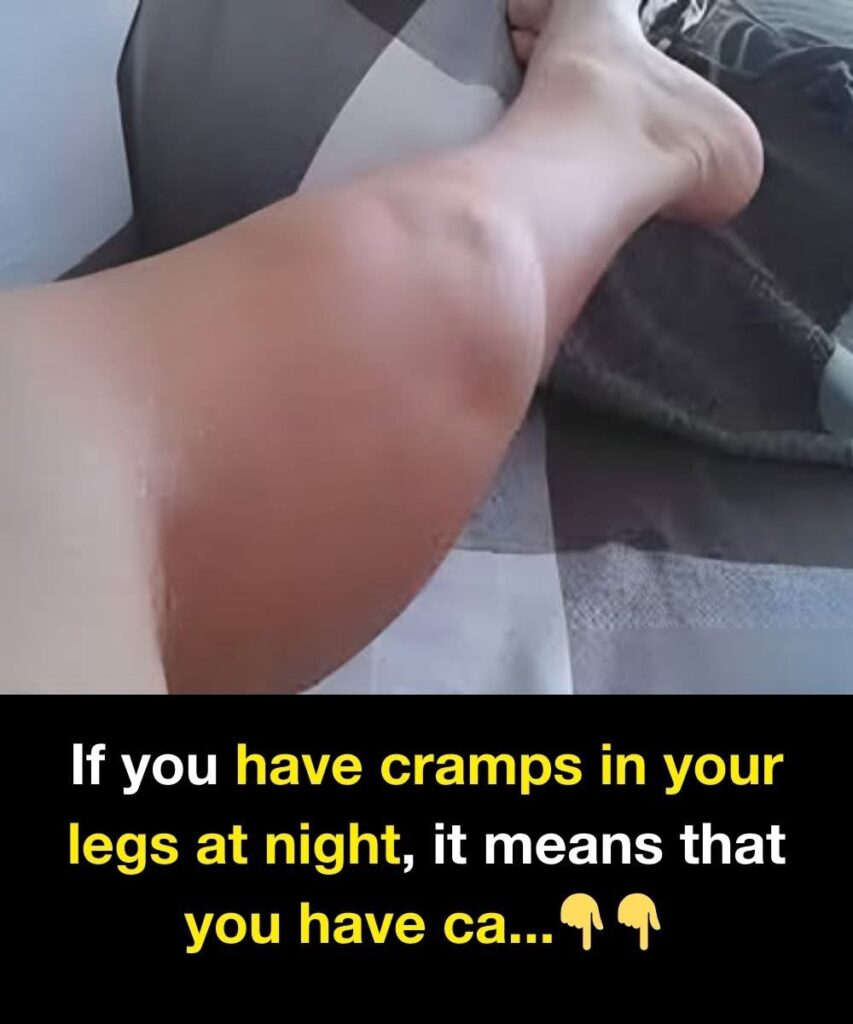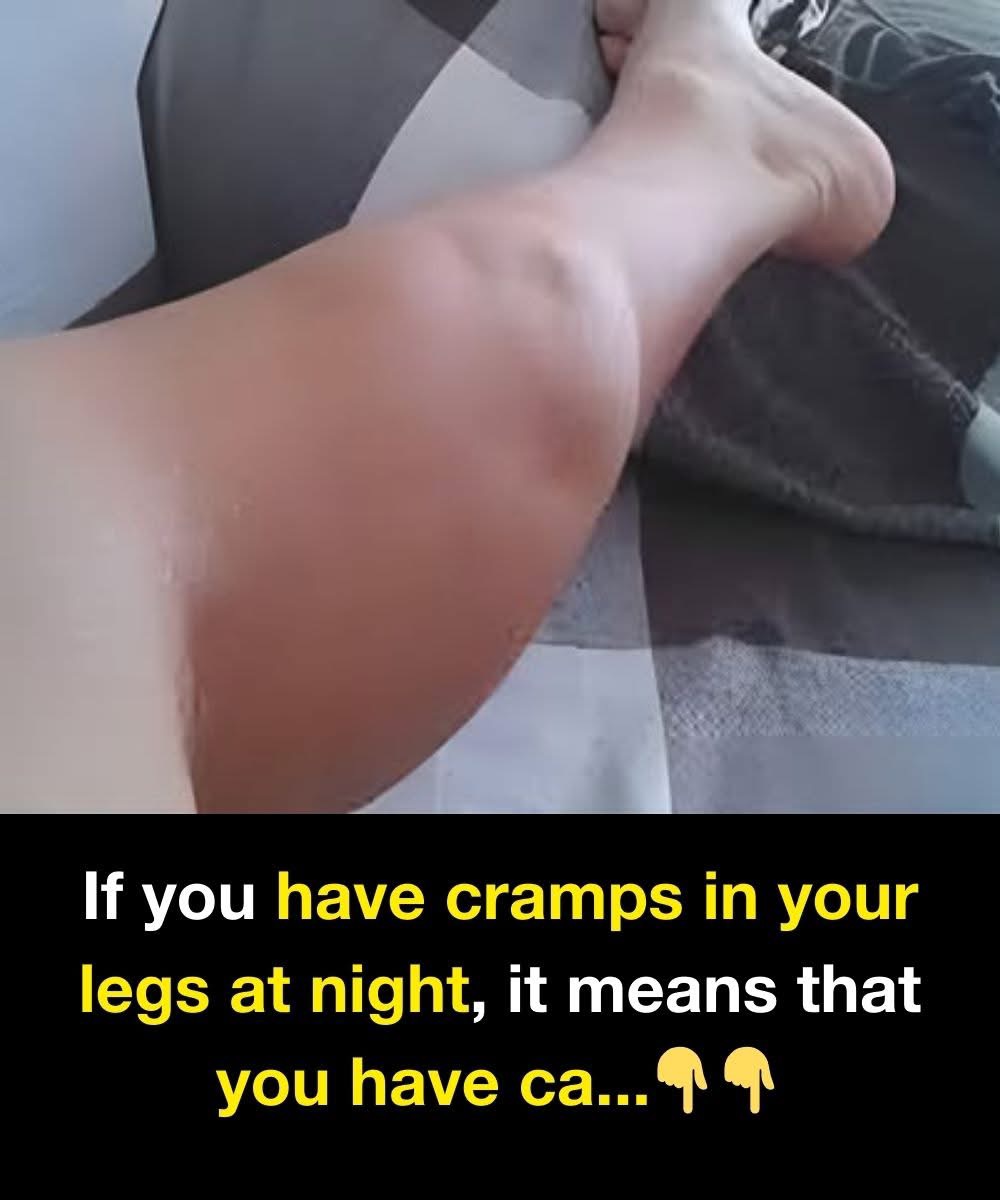
Who Is Most at Risk of Night Cramps?
If you’ve ever been jolted awake in the middle of the night by a sudden, stabbing pain in your calf or foot, you know just how excruciating night cramps can be. These involuntary muscle contractions are not only painful but can also rob you of precious sleep. While almost anyone can experience them, research shows that certain groups of people are far more likely to suffer from nighttime cramps than others.
Let’s take a closer look at who’s most at risk, why it happens, and what you can do about it.
Age is one of the biggest predictors of night cramps. In fact, about 1 in 3 people over 60 deal with them regularly.
Why it happens:
Muscles lose flexibility and elasticity with age.
Nerves become less efficient at sending signals.
Circulation slows down, reducing blood flow to the legs and feet.
This combination makes seniors especially prone to nighttime spasms.
Leg cramps are a common complaint during pregnancy, especially in the second and third trimesters.
Contributing factors:
Extra weight places added pressure on leg muscles and veins.
Hormonal changes disrupt fluid balance and electrolytes.
Altered circulation makes muscles more sensitive to cramping.
For many expectant mothers, these cramps become one of the most frustrating sleep disturbances
- Athletes & Active Individuals 🏃
Surprisingly, even those in peak physical condition are not spared.
Why athletes get cramps:
Intense training causes muscle fatigue.
Heavy sweating depletes electrolytes like sodium, potassium, and magnesium.
Insufficient stretching and recovery increase muscle tightness.
That’s why marathon runners, weightlifters, and even weekend warriors may wake up mid-cramp.
- People With Sedentary Lifestyles 🪑
On the flip side, a lack of movement also raises the risk.
Risk factors include:
Sitting for long periods (office jobs, long drives).
Standing in one position for hours (retail, service jobs).
Poor circulation due to inactivity.
Muscles that stay in one position for too long are more likely to spasm when you finally rest.
- People With Underlying Health Conditions ⚕️
Certain medical conditions make night cramps more likely:
Diabetes
Peripheral artery disease
Neurological disorders affecting muscle control
Thyroid imbalances
Chronic kidney disease
In these cases, cramps are often a symptom of a larger issue that needs medical attention.
- Medication Users
Some prescriptions can trigger night cramps as a side effect:
Diuretics (used for high blood pressure – increase fluid loss)
Statins (cholesterol-lowering drugs)
Birth control pills
Asthma medications
If you notice cramps after starting a new medication, it’s worth discussing with your doctor.
Stay hydrated throughout the day.
Stretch your calves and hamstrings before bed.
Keep electrolytes balanced (magnesium, calcium, potassium).
Avoid sitting or standing still for too long.
Wear supportive shoes during the day.
Final Thoughts
While night cramps are common, they’re not something you have to simply “live with.” By understanding who’s most at risk and why, you can take steps to lower your chances of being jolted awake in pain.
If cramps are frequent and severe, or if they come along with other symptoms, it’s always best to check in with your healthcare provider to rule out any underlying conditions.
✨ A little prevention can go a long way toward peaceful, cramp-free nights!
